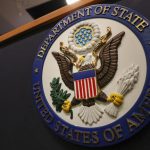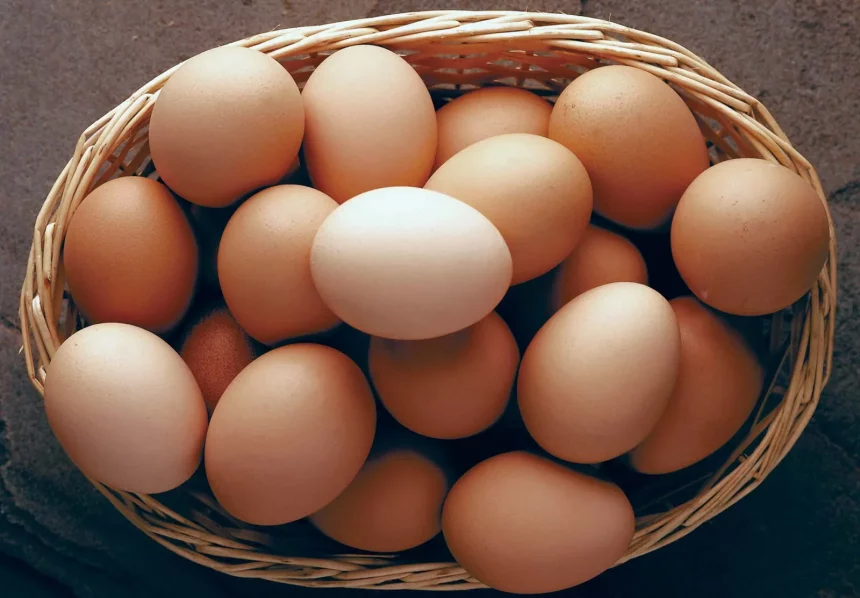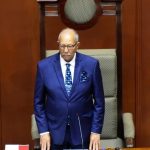The Cabinet invited representatives of the Poultry Association to address the issue of their intended increase in the wholesale cost of eggs. The Association publicly declared that heat waves and high ambient temperatures cause the layers to produce fewer eggs than normal; the cost of feed, the Poultry Association reported, had also increased such that the quantum of resources required to feed the chicks to maturity had also increased. They therefore were seeking to increase wholesale prices by $2. The Cabinet members pointed out that climate conditions were the same in neighbouring islands and the cost of feed did not significantly increase there; further, the cost of a dozen eggs was below the amount which customer’s in Antigua and Barbuda now pay. Following intense discussion, it was agreed that: i. A study will be undertaken by an accounting firm within the next 60 days to determine the cost which farmers incur to produce one dozen eggs; that amount was not known by the representatives of the Poultry Association. ii. The Cabinet agreed to the establishment of a Poultry Board made up of five (5) to seven (7) members, drawn from the Ministry of Agriculture, the Poultry Association, an accountant, the Chief Veterinary Officer, and others; they will determine the reasonable cost of poultry products to consumers and not have that decision made by those who produce eggs and grow poultry for meat. iii. The Cabinet also decided that the discount promised on APUA water would be enacted; and the practice of having the Poultry Association import feed to sell to its own members was not in accord with good business practice. The Cabinet was fearful of creating an “egg cartel“ that would exploit consumers.










